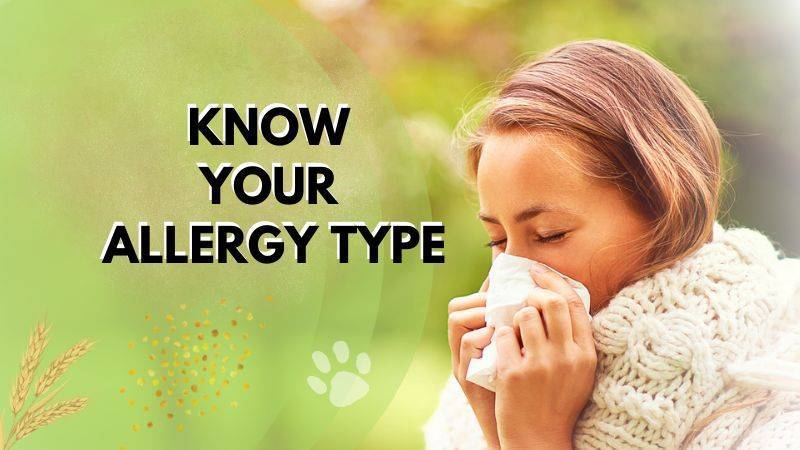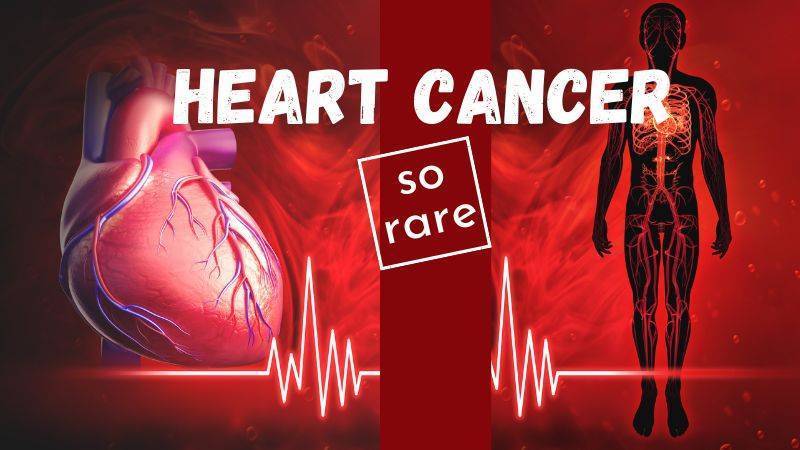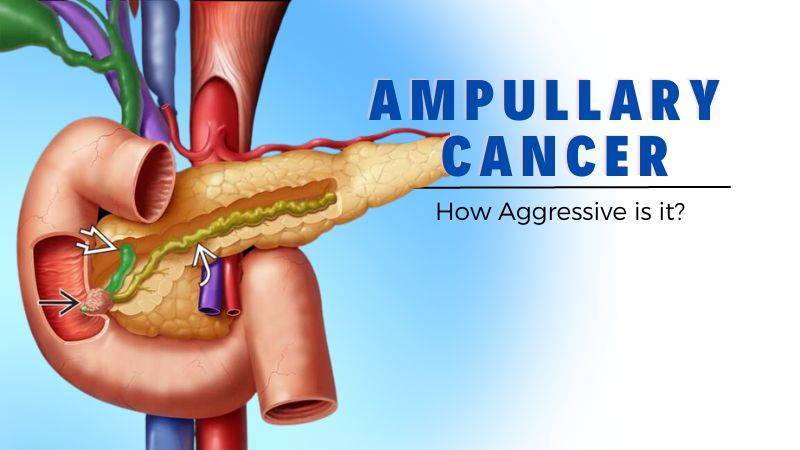Allergies are one of the most common chronic diseases and affect millions of people around the world.
An allergic reaction begins in the immune system, where our body’s defense mechanism mistakes a usually harmless substance like pollen or pet dander for a dangerous invader.
The immune system then overreacts to the allergen by producing Immunoglobulin E (IgE) antibodies that can cause various symptoms.
But how many types of allergies are there? Well, there are several, each triggered by a different allergen and affecting different parts of the body.
In this article, we will dive deep into the most common types of allergy.
When do Allergies Happen?
Usually, allergies don’t pop up the first time you encounter something like pollen or pet dander. When you first come into contact with these things, your body makes special fighters called antibodies to protect you, thinking these harmless substances are invaders. This is part of your body’s defense system.
When you meet the same thing again, your body makes lots of antibodies. These cause certain cells, called mast cells, to burst and release chemicals like histamine. This causes allergy symptoms.
This whole process is called “sensitization.” It can take anywhere from a few days to several years to happen. Sometimes, you might start showing signs of an allergy without actually developing a full-blown allergy to the thing causing it.
Classification of Allergies
The categories of allergies are organized based on their cause, how serious they are, and how they can be managed or avoided. They include –
Type I Hypersensitivity
This is also known as a quick or severe allergic reaction. It can be caused by things like pollen, certain foods and medicines, and insect bites.
Food Allergies
Food allergies happen when the immune system identifies certain food as harmful, leading to a variety of symptoms that can range from mild to severe.

Some of the most common food allergens include
It’s crucial to identify food allergies, as severe reactions can lead to anaphylaxis, a potentially life-threatening condition.
Pollen Allergies
Pollen allergies, also known as hay fever or allergic rhinitis, are caused by airborne pollen from trees, grasses, flowers, and weeds.

The most common symptoms include
- Sneezing
- Stuffy or runny nose
- Watery and itchy eyes
Pollen allergies are usually seasonal and can occur during specific times of the year.
Pet Allergies
Pet allergies are quite common and are usually triggered by exposure to the dander, urine, or saliva of pets like cats and dogs.
Symptoms can include
- Sneezing
- Watery eyes
- An itchy throat, nose, or eyes
- Asthma can also worsen in people with pet allergies.
Drug Allergies

While any medication can potentially cause an allergic reaction, certain drugs are more prone to cause such reactions, such as penicillin and other antibiotics, aspirin, ibuprofen, and certain anticonvulsants.
Symptoms can range from mild skin rashes to severe anaphylaxis.
Insect Allergies
Insect allergies can occur due to insect stings (like bees and wasps) or bites (like mosquitoes).
Reactions can be local, affecting just the area of the sting or bite, or systemic, affecting the whole body. Severe systemic reactions can lead to anaphylaxis.
Mold Allergies
Mold allergies are caused by inhaling mold spores. These can be present indoors, like in damp areas of the house, or outdoors, in rotten logs or fallen leaves.
Symptoms are similar to those of pollen and pet allergies.
Dust Mite Allergy
Dust mite allergies are triggered by tiny bugs found in household dust. Symptoms are similar to hay fever and can also trigger asthma.
Type II Hypersensitivity
This type involves specific fighters in your body called Immunoglobulin G (IgG) and IgM. They attach to and destroy the cell they are bound to.

This reaction can happen after an organ transplant when your body doesn’t recognize the new organ as its own.
Type III Hypersensitivity
This is a reaction where an antibody (a kind of protein your immune system uses to fight off harmful substances) binds with what’s causing the allergy (the antigen).
This causes a series of reactions in your body that end up hurting your own tissues. Conditions like glomerulonephritis and systemic lupus erythematous (or lupus, SLE) are examples of this type of allergy.
Type IV Hypersensitivity
These are delayed reactions, mediated by special immune cells called T-cell lymphocytes.
These T cells take a few hours to a few days to cause an allergic response. Examples of this type include skin allergies such as rashes from poison ivy.
Latex Allergies
Latex allergies are reactions to certain proteins found in natural rubber latex. It can cause reactions ranging from skin irritation and hives to severe anaphylaxis.
This type of allergy is commonly seen in people who have frequent contact with latex, such as healthcare workers.
Contact Dermatitis

Contact dermatitis isn’t an allergy in the traditional sense but is a reaction that can appear when the skin comes in contact with an irritant or allergen.
Common allergens include
- Poison ivy
- Poison oak
- Nickel
- Certain chemicals
Symptoms include a red rash, itching, and possibly blisters.
Treatments for Allergies

- Doing your best to steer clear of the thing causing your allergy
- Medications for mild reactions like antihistamines, steroid pills and creams
- Emergency treatments, known as adrenaline auto-injectors (like an EpiPen), for serious allergic reactions
- A process called desensitisation (or immunotherapy) for severe reactions – this means you are slowly exposed to the thing causing your allergy, helping your body to gradually get used to it and not react as strongly (this should only be done by a healthcare professional) Your allergy doctor will provide a plan that tells you how to deal with your allergy.
Take Care of Yourself!
Also Read





